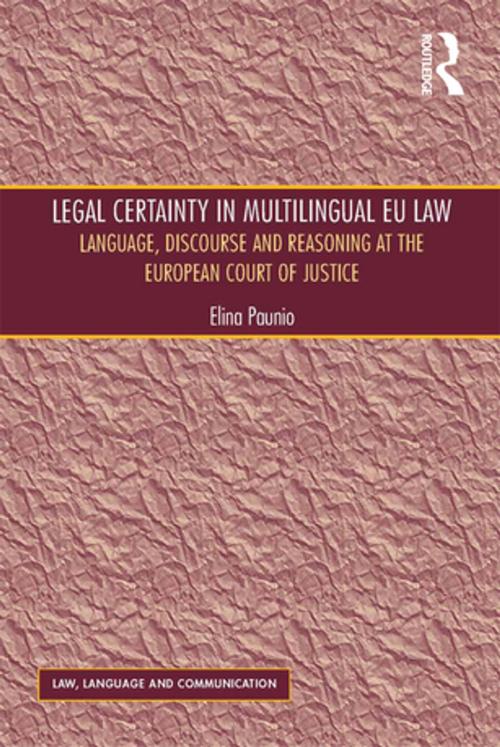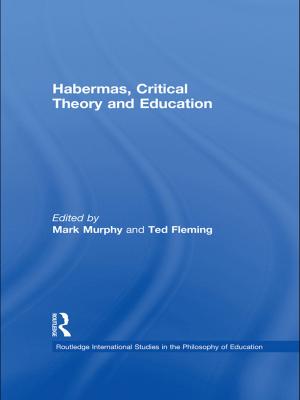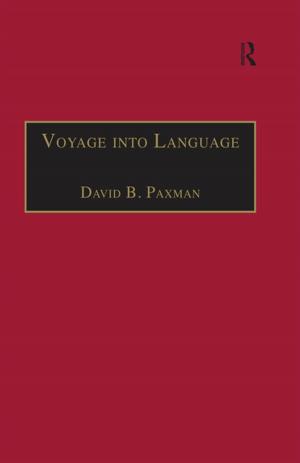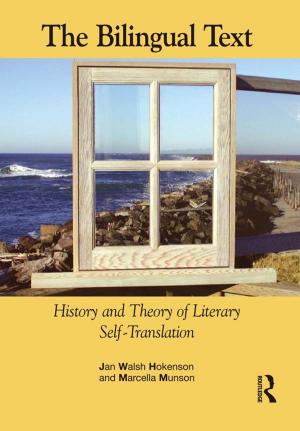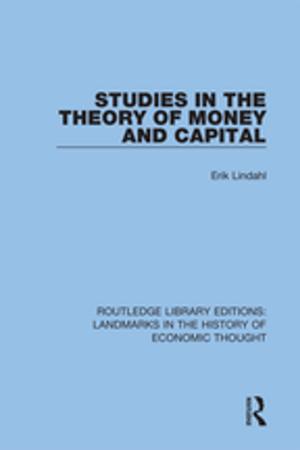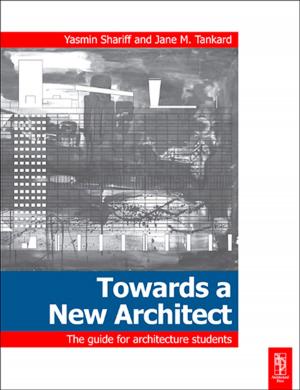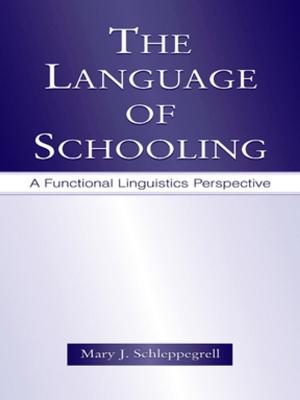Legal Certainty in Multilingual EU Law
Language, Discourse and Reasoning at the European Court of Justice
Nonfiction, Reference & Language, Law, Comparative, Jurisprudence| Author: | Elina Paunio | ISBN: | 9781317106357 |
| Publisher: | Taylor and Francis | Publication: | April 22, 2016 |
| Imprint: | Routledge | Language: | English |
| Author: | Elina Paunio |
| ISBN: | 9781317106357 |
| Publisher: | Taylor and Francis |
| Publication: | April 22, 2016 |
| Imprint: | Routledge |
| Language: | English |
How can multilingualism and legal certainty be reconciled in EU law? Despite the importance of multilingualism for the European project, it has attracted only limited attention from legal scholars. This book provides a valuable contribution to this otherwise neglected area. Whilst firmly situated within the field of EU law, the book also employs theories developed in linguistics and translation studies. More particularly, it explores the uncertainty surrounding the meaning of multilingual EU law and the impact of multilingualism on judicial reasoning at the European Court of Justice. To reconceptualize legal certainty in EU law, the book highlights the importance of transparent judicial reasoning and dialogue between courts and suggests a discursive model for adjudication at the European Court of Justice. Based on both theory and case law analysis, this interdisciplinary study is an important contribution to the field of European legal reasoning and to the study of multilingualism within EU legal scholarship.
How can multilingualism and legal certainty be reconciled in EU law? Despite the importance of multilingualism for the European project, it has attracted only limited attention from legal scholars. This book provides a valuable contribution to this otherwise neglected area. Whilst firmly situated within the field of EU law, the book also employs theories developed in linguistics and translation studies. More particularly, it explores the uncertainty surrounding the meaning of multilingual EU law and the impact of multilingualism on judicial reasoning at the European Court of Justice. To reconceptualize legal certainty in EU law, the book highlights the importance of transparent judicial reasoning and dialogue between courts and suggests a discursive model for adjudication at the European Court of Justice. Based on both theory and case law analysis, this interdisciplinary study is an important contribution to the field of European legal reasoning and to the study of multilingualism within EU legal scholarship.
